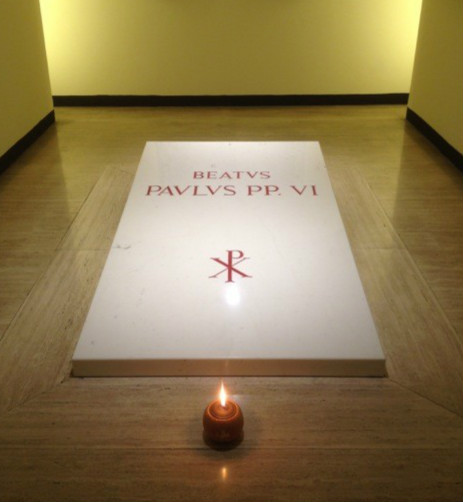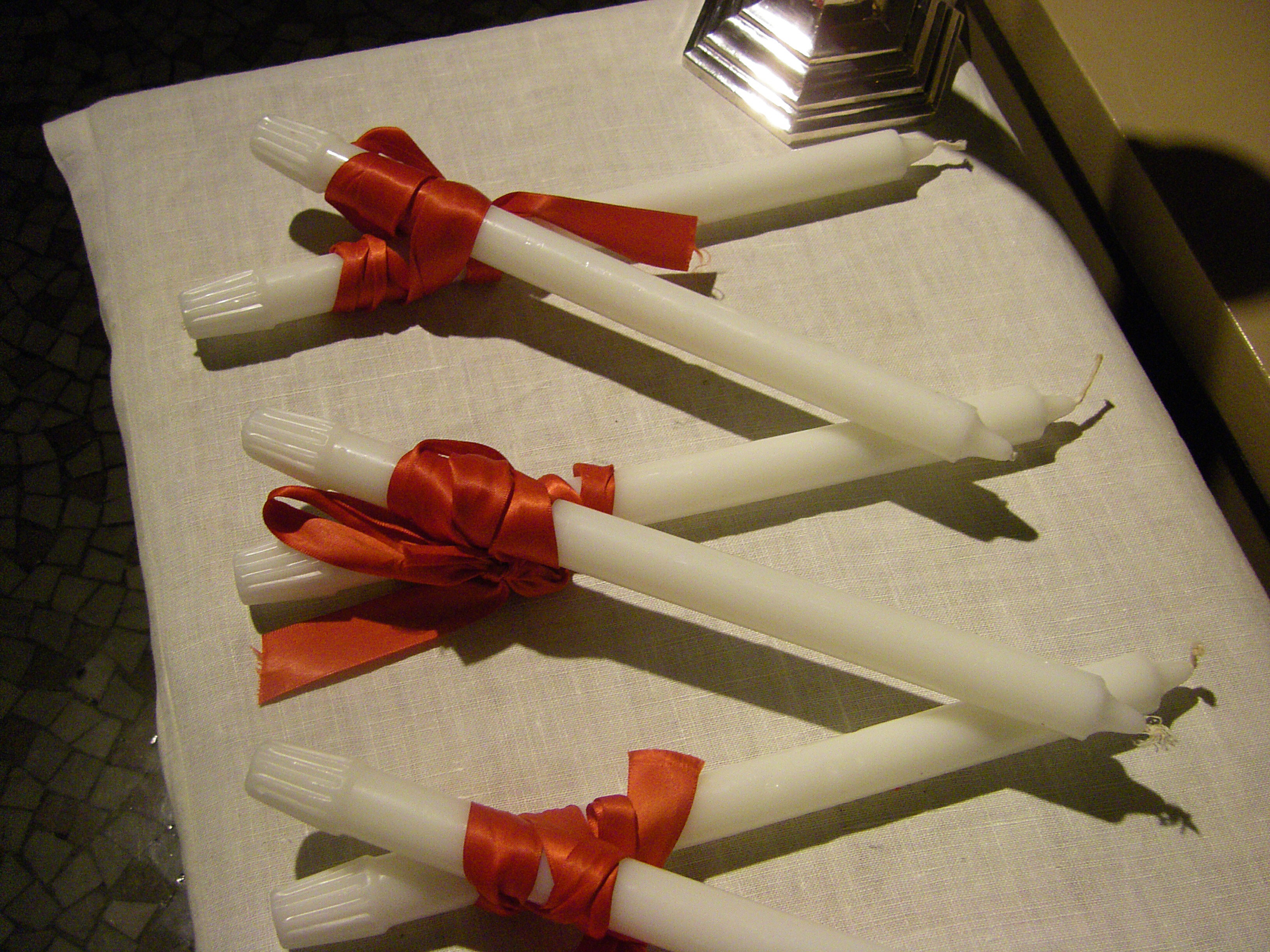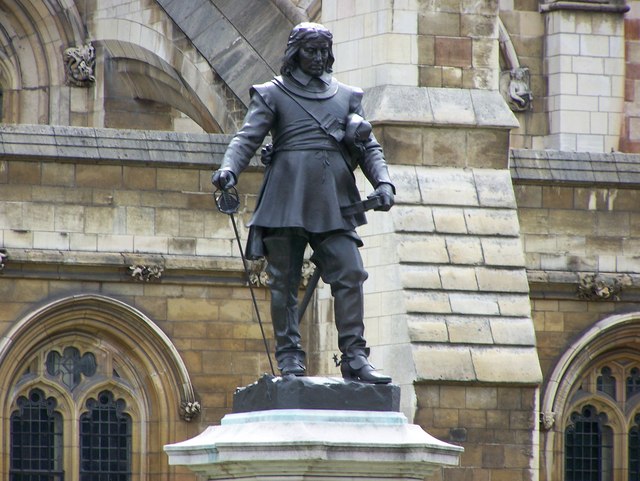Breda O'Brien has an interesting article this week in the Irish Times concerning the Children and Family Relationships Bill which the government is pushing through with astonishing haste. The legislation has to be in place before the same sex marriage referendum in May so those opposed to same sex marriage cannot bring up the issue of gay adoption and perhaps win a few votes in favour of natural marriage. Breda, as usual, is direct and hits the nail on the head. I would recommend you read what she has to say, and as you do so say a prayer for her, she is subject to much abuse, attack and even death threats.
This bill is yet another step in the social experiment which is taking place in the West, one which plays around with relationships that nature has already defined. This experiment will eventually fail, Lord knows what the consequences will be, but we can be sure that, as always it will be the vulnerable and voiceless who will suffer - children. In the early decades of the 20th century we had the eugenics movement which allied itself with the sexual revolution and fought to have "reproductive rights" for women enshrined in law. For those rights read abortion, and in enshrining these rights, children suffered - in the name of choice innocent children are killed every day in their tens of thousands. Now they are redefining marriage and relationships, and children will also suffer as the one stable institution in society which protects them - marriage and natural parenthood, is dissolved. As always, all of this is to satisfy adults and their desires, but it is wrapped up in the lie that it is to provide a better life for children.
Looking at the legislation in terms of egg and sperm donation I see we are laying the foundation for a very serious problem in the future: the real possibility of brothers and sisters marrying each other. Apart from the issue of incest, there are the difficulties genetics create when siblings procreate. How can we prevent two people from different parents, but siblings, born of gamete donation from the same donor, and possibly ignorant of their genetic relationship, from marrying? We have to have a way of ensuring that two people seeking to marry are not closely related. I was talking with a priest friend about this and we both concluded that the Church in the not too distant future may need to insist on DNA testing for couples preparing for marriage to make sure they are not siblings. Sound strange? Yes, it does, but we will need to address this problem sooner rather than later. What a tangled web our society is weaving, God help us all.
Looking at the legislation in terms of egg and sperm donation I see we are laying the foundation for a very serious problem in the future: the real possibility of brothers and sisters marrying each other. Apart from the issue of incest, there are the difficulties genetics create when siblings procreate. How can we prevent two people from different parents, but siblings, born of gamete donation from the same donor, and possibly ignorant of their genetic relationship, from marrying? We have to have a way of ensuring that two people seeking to marry are not closely related. I was talking with a priest friend about this and we both concluded that the Church in the not too distant future may need to insist on DNA testing for couples preparing for marriage to make sure they are not siblings. Sound strange? Yes, it does, but we will need to address this problem sooner rather than later. What a tangled web our society is weaving, God help us all.

















_-_Google_Art_Project.jpg)










